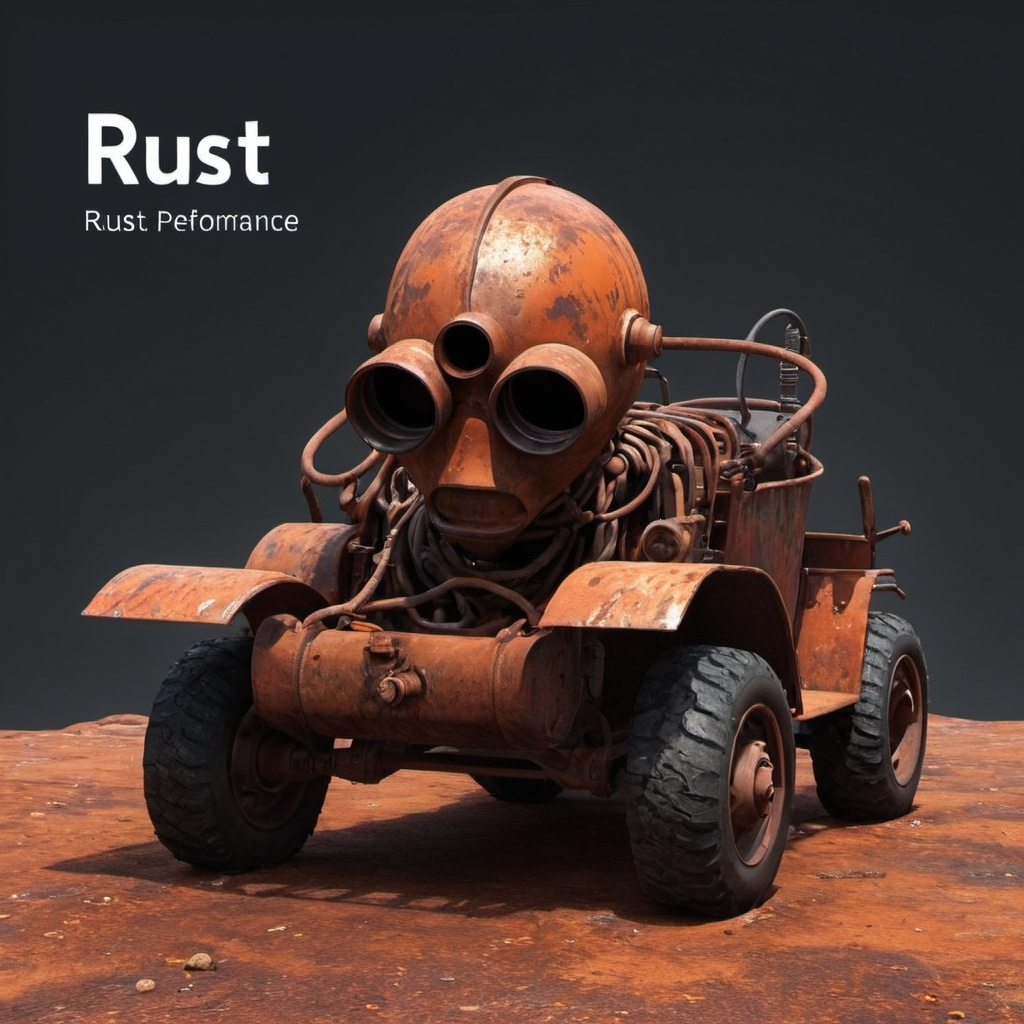Are you ready to dive into the world of Rust programming? This powerful systems programming language has been gaining traction among developers for its safety, concurrency, and performance. In this article, we’ll explore why learning Rust is a valuable investment and provide you with a solid foundation to start your Rust programming journey.
The Compelling Case for Learning Rust
In the ever-evolving landscape of programming languages, Rust stands out as a game-changer. But why should you invest your time and energy in learning yet another language? The answer lies in Rust’s unique features and the benefits it brings to the table:
- Safety without sacrifice: Rust’s ownership model and borrow checker ensure memory safety and thread safety without compromising on performance.
- Zero-cost abstractions: Write high-level code that compiles to efficient low-level machine code.
- Fearless concurrency: Rust’s type system and ownership model prevent data races at compile-time, making concurrent programming safer and easier.
- Modern language features: Enjoy pattern matching, generics, and a powerful macro system that enhances productivity.
Learning Rust not only opens up new career opportunities but also sharpens your programming skills, making you a more versatile and valuable developer in any language you work with.
Rust’s Unique Selling Points: Where It Truly Shines
Rust is more than just another programming language; it’s a paradigm shift in systems programming. Here’s where Rust truly excels:
- Systems Programming: Rust is ideal for building operating systems, device drivers, and embedded systems, offering full control over memory usage.
- Web Assembly: Rust compiles to WebAssembly, allowing you to write high-performance web applications.
- Network Programming: With its async/await syntax and robust networking libraries, Rust excels in building efficient network services.
- Game Development: Rust’s performance characteristics make it an excellent choice for game engines and high-performance game logic.
Rust’s philosophy of “safe by default” means that memory corruption bugs, a common issue in languages like C and C++, are virtually eliminated at compile-time. This safety doesn’t come at the cost of performance, making Rust a compelling choice for performance-critical applications.
Getting Started with Rust: Your First Steps
Embarking on your Rust journey is easier than you might think. Here’s how to get started:
- Install Rust: Use the official installer, rustup, by running the following command in your terminal:
curl --proto '=https' --tlsv1.2 -sSf https://sh.rustup.rs | sh - Set up your development environment: Choose an IDE or text editor with Rust support. Popular choices include Visual Studio Code with the rust-analyzer extension, IntelliJ IDEA with the Rust plugin, or Sublime Text with the Rust Enhanced package.
- Write your first Rust program: Create a new file named
hello.rsand add the following code:
fn main() {
println!("Hello, Rust!");
}
- Compile and run: In your terminal, navigate to the directory containing your
hello.rsfile and run:
rustc hello.rs && ./hello
Congratulations! You’ve just written and run your first Rust program. This is just the beginning of your exciting journey into the world of Rust programming.
Essential Rust Concepts: Building Your Foundation
As you delve deeper into Rust, you’ll encounter several core concepts that form the foundation of the language. Understanding these concepts is crucial for mastering Rust:
- Ownership and Borrowing: Rust’s unique approach to memory management, ensuring safety without a garbage collector.
- Lifetimes: A way to express the scope for which references are valid, preventing dangling references.
- Traits: Rust’s approach to defining shared behavior, similar to interfaces in other languages but with more power and flexibility.
- Pattern Matching: A powerful feature for destructuring complex data types and writing concise, expressive code.
- Error Handling: Rust’s robust error handling mechanisms, including the
ResultandOptiontypes.
These concepts may seem challenging at first, but they form the backbone of Rust’s safety and performance guarantees. As you practice and build projects, these concepts will become second nature, allowing you to write safe, efficient, and elegant code.
Advancing Your Rust Skills: Next Steps and Resources
Once you’ve grasped the basics, it’s time to deepen your Rust knowledge and start building more complex projects. Here are some resources and next steps to consider:
- The Rust Book: The official Rust documentation, offering a comprehensive guide to the language.
- Rust by Example: Learn Rust through annotated example programs.
- Rustlings: Small exercises to get you used to reading and writing Rust code.
- Exercism Rust Track: Practice solving coding challenges in Rust with mentorship.
- Rust Cookbook: A collection of simple examples that demonstrate good practices and common Rust programming tasks.
Remember, the key to mastering Rust is practice. Start with small projects and gradually increase complexity as you become more comfortable with the language. Join the Rust community on forums and social media platforms to get help, share your progress, and stay updated on the latest developments in the Rust ecosystem.
Embrace the Future of Programming with Rust
As you embark on your Rust programming journey, you’re not just learning a new language; you’re joining a vibrant community and embracing a new way of thinking about systems programming. Rust’s emphasis on safety, performance, and concurrency makes it a valuable skill in today’s software development landscape.
Whether you’re building high-performance web services, working on embedded systems, or developing the next big game engine, Rust provides the tools and abstractions to tackle complex problems with confidence. As you grow in your Rust journey, you’ll find yourself writing more reliable, efficient, and maintainable code across all your projects.
Ready to take your programming skills to the next level? Start your Rust adventure today and unlock a world of possibilities in systems programming and beyond!

Explore TechTalent: Elevate Your Tech Career
Ready to take your interactive walkthrough skills to the next level?
TechTalent offers opportunities to certify your skills, connect with global tech professionals, and explore interactive design and development.
Join today and be part of shaping the future of interactive walkthroughs!
